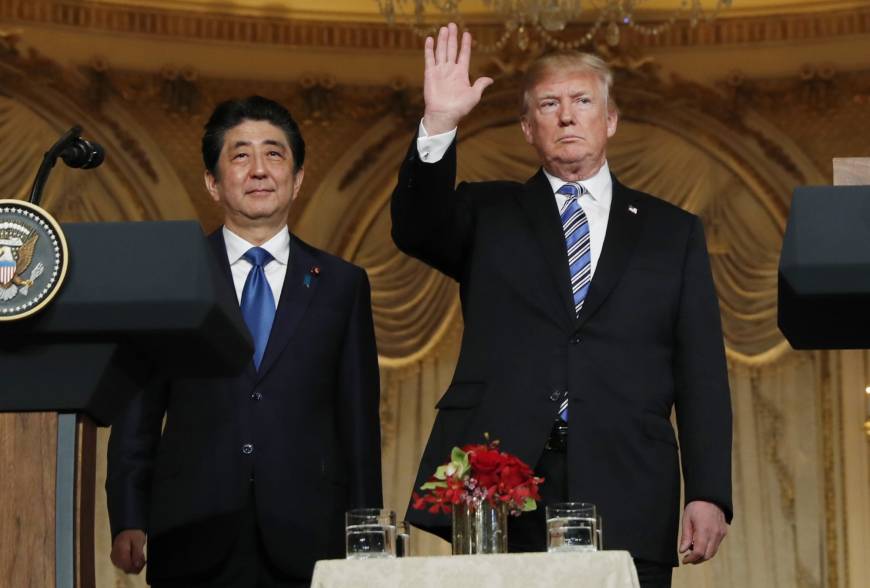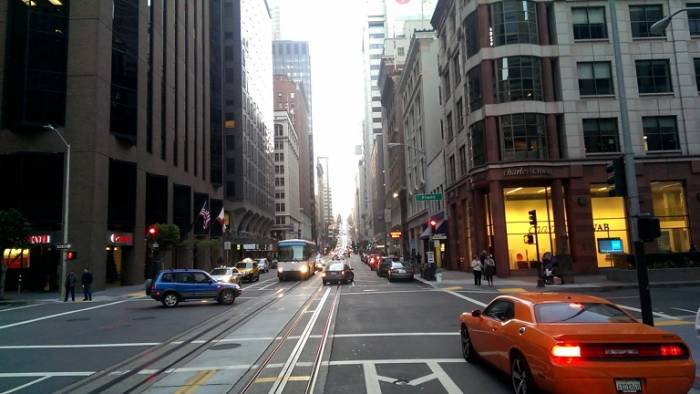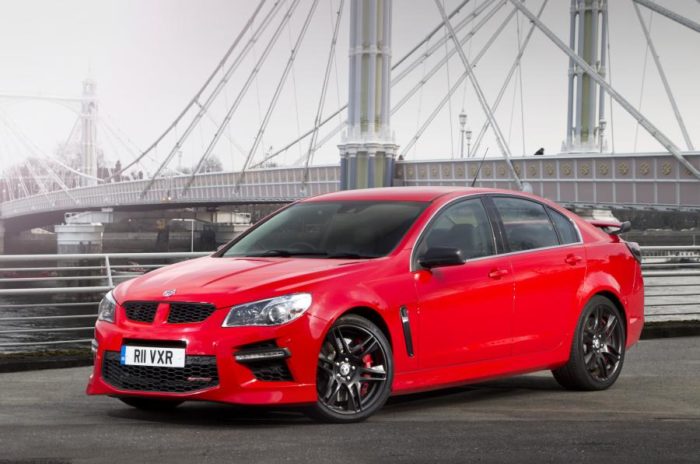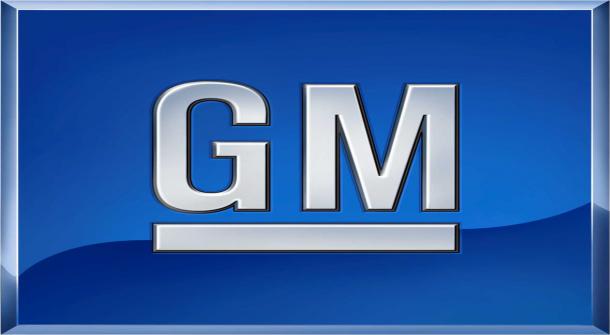Now Reading: Japan dodges U.S. auto tariffs as Abe and Trump agree to start trade talks
-
01
Japan dodges U.S. auto tariffs as Abe and Trump agree to start trade talks
Japan dodges U.S. auto tariffs as Abe and Trump agree to start trade talks

U.S. President Donald Trump and Japanese Prime Minister Shinzo Abe agreed to start trade talks in an arrangement that, for now, secures Japanese automakers from more tariffs, seen as a significant threat to the export-dependent economy.
The two countries stated in a joint statement the talks “will respect positions of the other government”, drawing lines on autos and Japan’s agriculture segment.
Trump has made clear he is not happy with Japan’s $69 billion trade surplus with the United States – almost two-thirds of it from auto exports – and wants a two-way agreement to address it.
Japan pushed back on a straight bilateral Free Trade Agreement (FTA) that the US had sought. The recent framework seemed designed to permit both parties to save face: Abe avoids the worst-case scene of an imminent 25 percent tariff on vehicles, where as Trump claims victory for getting Japan to a two-way negotiating table.
“This was something that, for various reasons over the years, Japan was unwilling to do and now they are willing to do,” Trump stated at a summit with Abe in New York on the sidelines of the U.N. General Assembly.
“We’re going to have a really great relationship, better than ever before on trade,” he added.
Wednesday’s statement stated a deal governing the auto sector would be written to increase production and jobs in the United States.
Tokyo had stressed that Trump could demand a decrease in auto imports from Japan or that he could enforce steep tariffs on such imports on national security grounds.
While economists observed the agreement as a positive result for Japan for now, they noted what would eventually be agreed upon was still not known.
Stay Informed With the Latest & Most Important News
Previous Post
Next Post
-
 01Polestar Boss Says It’s Time To Outrun BMW M And Mercedes-AMG
01Polestar Boss Says It’s Time To Outrun BMW M And Mercedes-AMG -
 02Spy Shots: 2027 Mitsubishi Pajero Spotted in Testing Ahead of Possible U.S. Return
02Spy Shots: 2027 Mitsubishi Pajero Spotted in Testing Ahead of Possible U.S. Return -
 032026 Toyota Hilux EV: A Powerful Truck with Silent Torque
032026 Toyota Hilux EV: A Powerful Truck with Silent Torque -
![2027 Mercedes-Benz S-Class Debuts with V8 Engine [Photo Gallery]](https://speedlux.com/wp-content/uploads/2026/01/2027-Mercedes-Benz-S-Class-33-155x125.jpg) 042027 Mercedes-Benz S-Class Debuts with V8 Engine [Photo Gallery]
042027 Mercedes-Benz S-Class Debuts with V8 Engine [Photo Gallery] -
 052026 Corvette ZR1 Production Surges Past Expectations as Output Clears 1,000 Units
052026 Corvette ZR1 Production Surges Past Expectations as Output Clears 1,000 Units -
 06Spy Photos: VW ID. Polo GTI Goes Electric with 223 HP and 280 Miles of Range
06Spy Photos: VW ID. Polo GTI Goes Electric with 223 HP and 280 Miles of Range -
 07Hyundai Palisade’s Breakout Year Shows How Quickly the Market Can Turn
07Hyundai Palisade’s Breakout Year Shows How Quickly the Market Can Turn



![2027 Mercedes-Benz S-Class Debuts with V8 Engine [Photo Gallery]](https://speedlux.com/wp-content/uploads/2026/01/2027-Mercedes-Benz-S-Class-33-700x394.jpg)












































